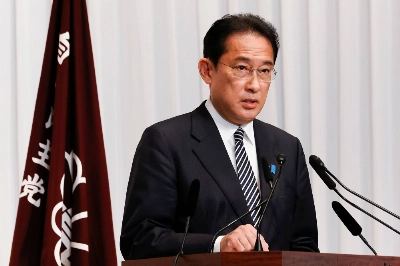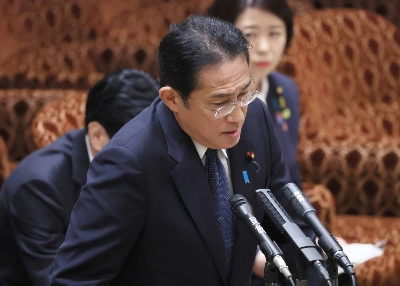Prime Minister Fumio Kishida on Thursday attempted to contain the worst crisis of his administration yet, replacing nearly a dozen ministers and officials in political posts in the government who were caught up in the scandal over unreported political funds.
Former Foreign Minister Yoshimasa Hayashi replaced Hirokazu Matsuno as chief Cabinet secretary. Hayashi is the No. 2 man in a party faction headed until recently by Kishida. The other replacements are:
Hayashi described his appointment as "coming out of the blue" later in a news conference.




















With your current subscription plan you can comment on stories. However, before writing your first comment, please create a display name in the Profile section of your subscriber account page.